Yay, after three great days, with great coaches, getting to know and experiencing new methods, a transfer task and a really successful debriefing, I am a freshly baked Advanced PERMA-Lead® Constultant.
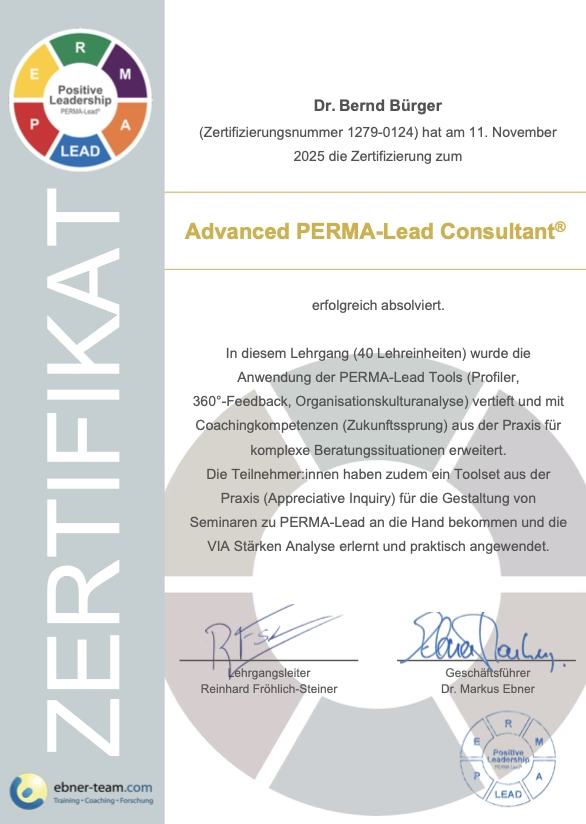
Yay, after three great days, with great coaches, getting to know and experiencing new methods, a transfer task and a really successful debriefing, I am a freshly baked Advanced PERMA-Lead® Constultant.

🇦🇹 20 years of the Federal Police in Austria. Happy Birthday 🎂
For me as project manager, it was a great conclusion to a really intensive project. Gerd Thielmann, deputy project manager, and I were able to present our report at the ceremony at the Federal Ministry of the Interior in Vienna.
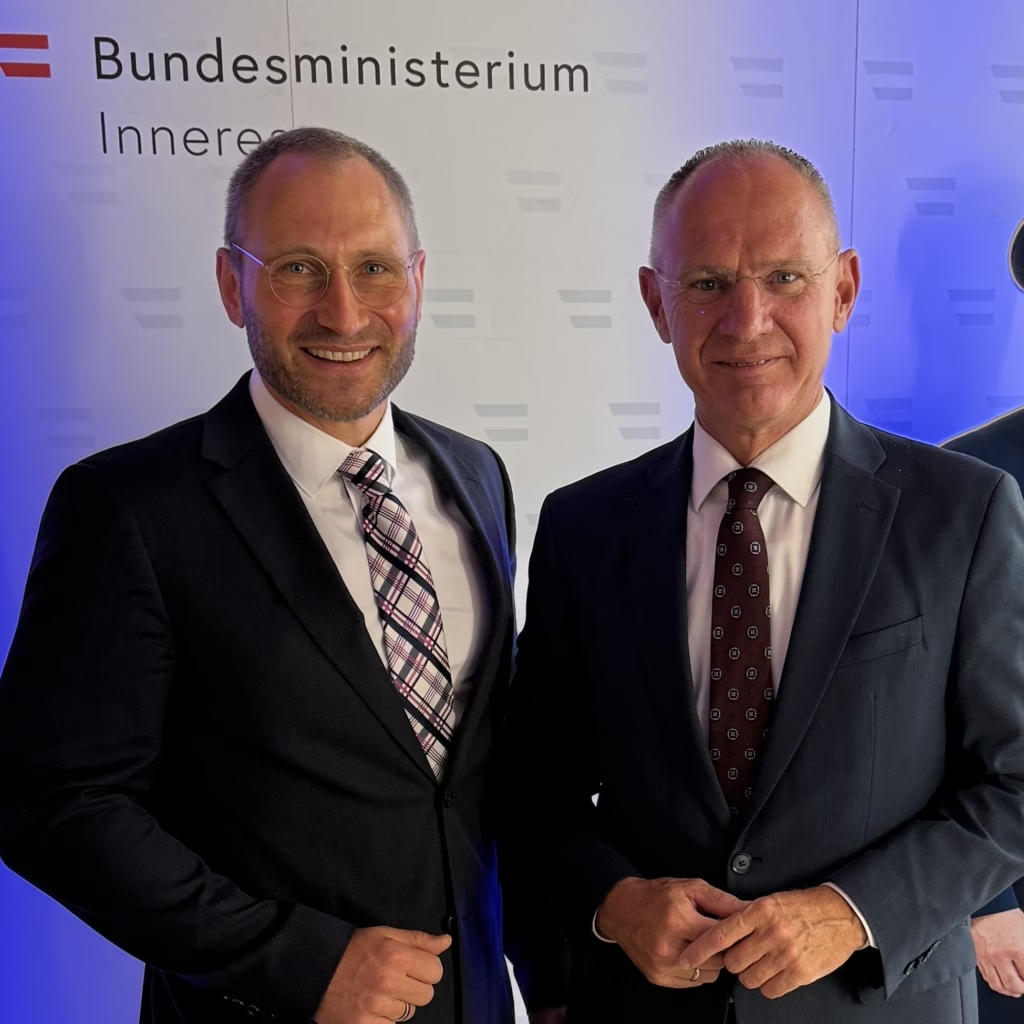
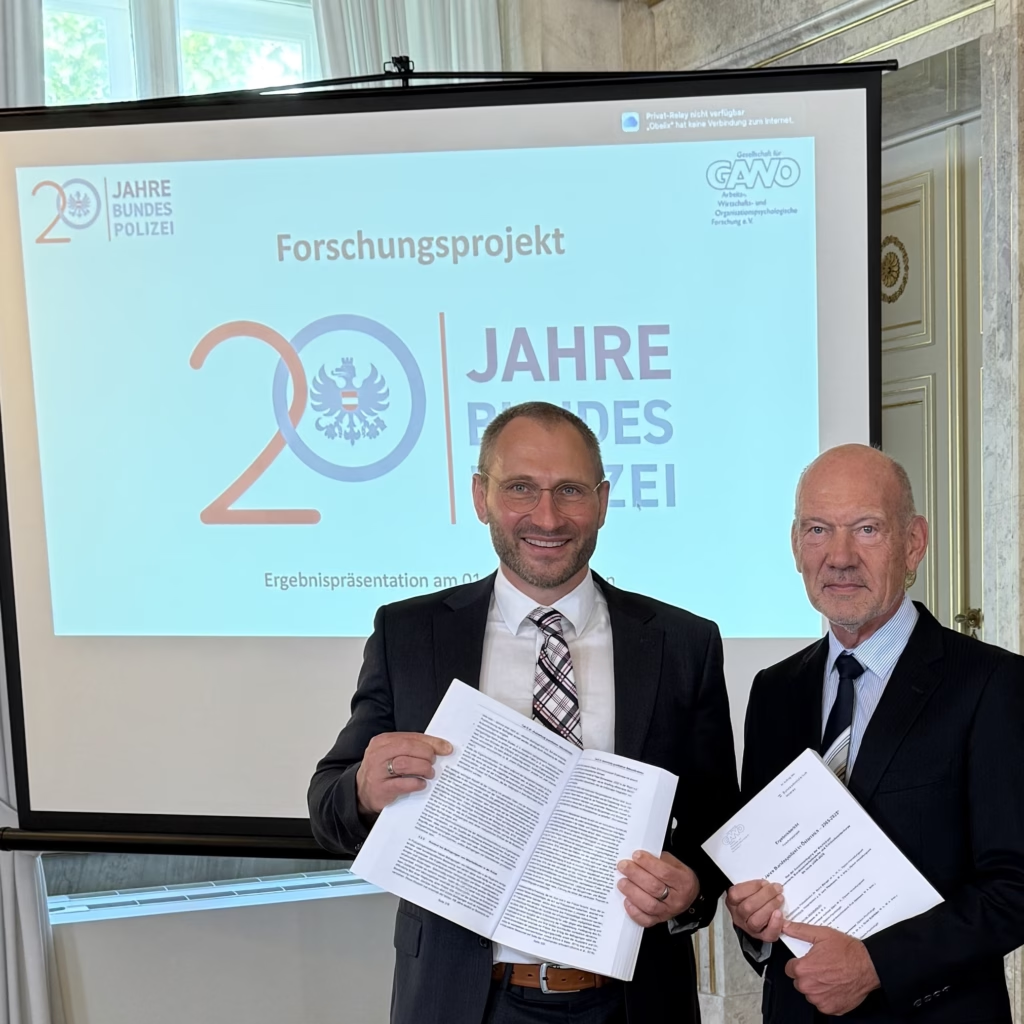
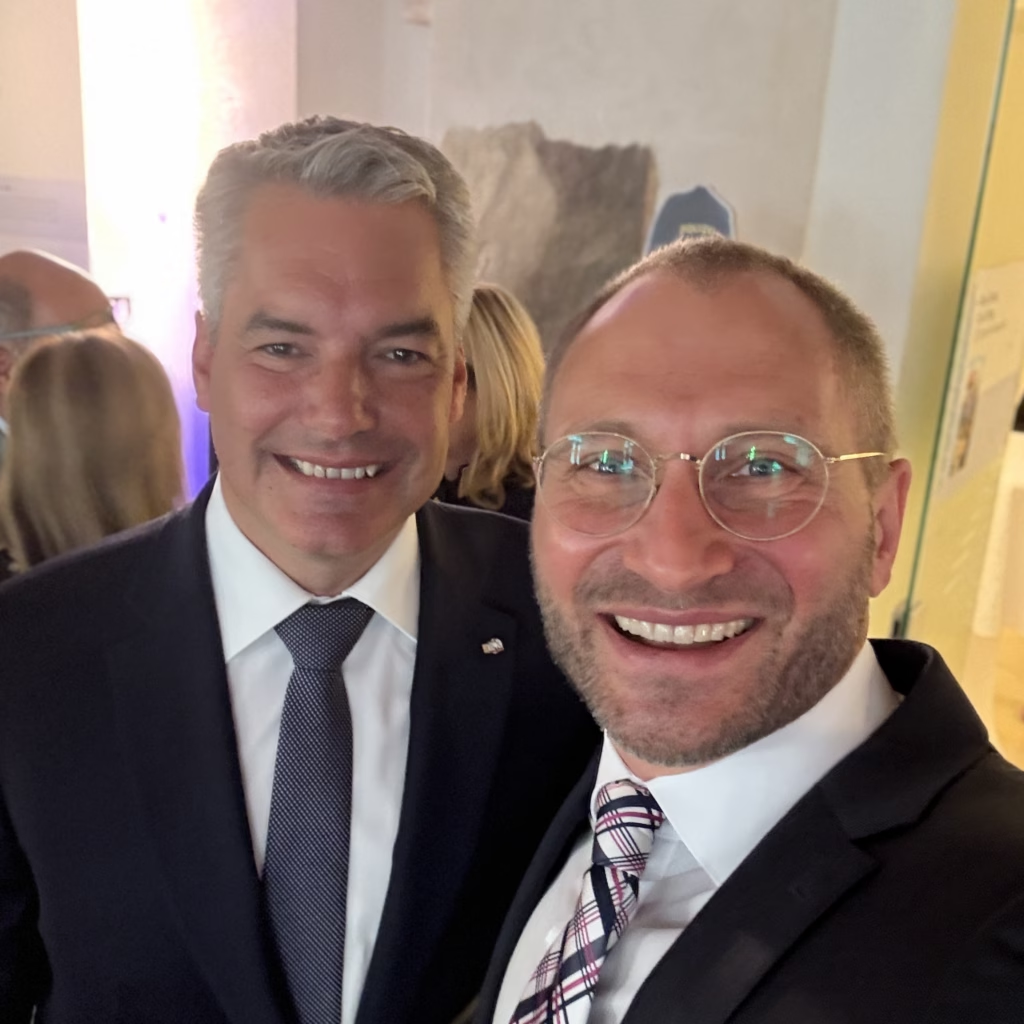
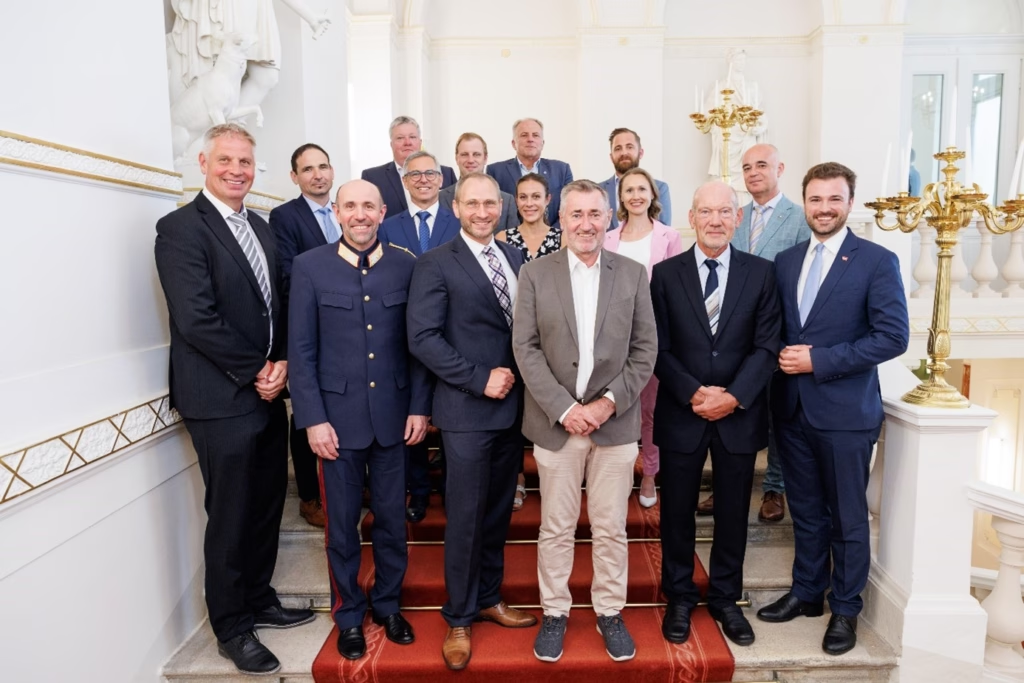
🕵️ 560 pages has our Final report on the reforms of the Austrian police force. 560 pages full of experiences, conclusions, theories but also personal stories. And many things that can be learned for such major reform projects. There is also a Abstract (16 pages) in German and English - simply click on the links here.
👍🏻 The result in one sentence: Such an efficient Austrian police force would be inconceivable today without these reforms and its current structure can be regarded as good practice.
🫶🏻Ich thanks to my great team for the incredible performance - thank you Gerd Thielmann, Dr. Dr. h.c. Detlef Schröder, Dr. Catharina Vogt, Tamara Jäger, Stefanie Giljohann, Andreas Gierl🇪🇺, Phillip MarsellDr. Jule Adriaans, Prof. Dr. Friedhelm Nachreiner, Rudi Heimann.
🙏Thank you very much, dear Federal Ministry of the Interior (BMI) for your trust in my team and me.
Transforming the state, administration and police. What an inspiring day that Dr. Dorit Bosch has designed.
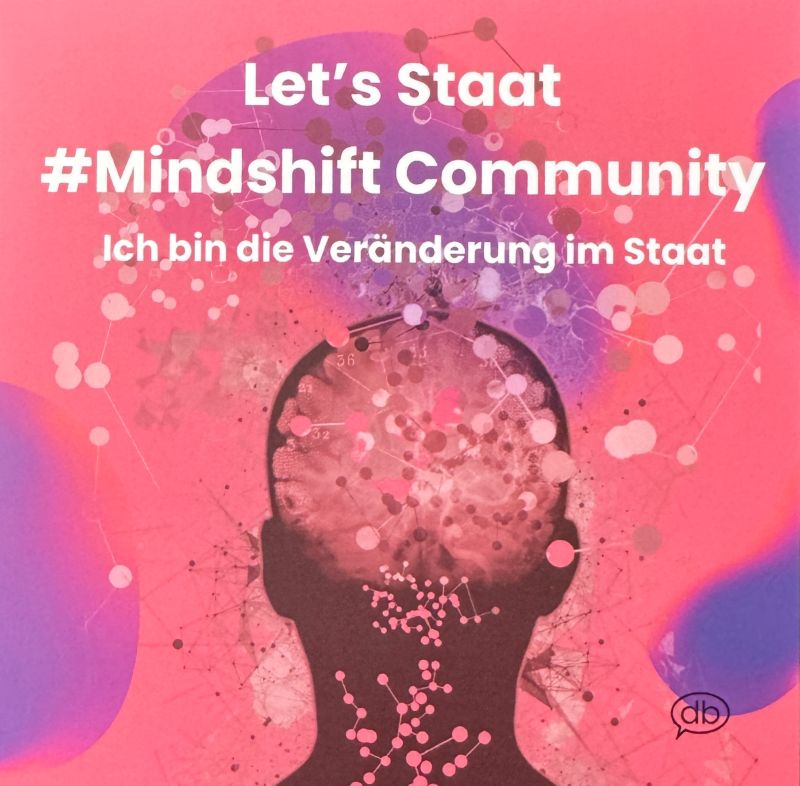
My top takeaways:
Prof. Dr. Dirk HeckmannWe need the will and courage to change, otherwise change will take place, but without us.
Robert KrauseFailure is part of it: sometimes you win and sometimes you learn.
Dr. Dorit BoschFrom powerlessness to power: promoting transformation with positive, constructive energy.
And something else from Robert Krause to motivate us: the "man versus institution" story always works and an Oscar is almost guaranteed. So: let's do it
My personal Conclusion: A great event and a super network of people who stand for change
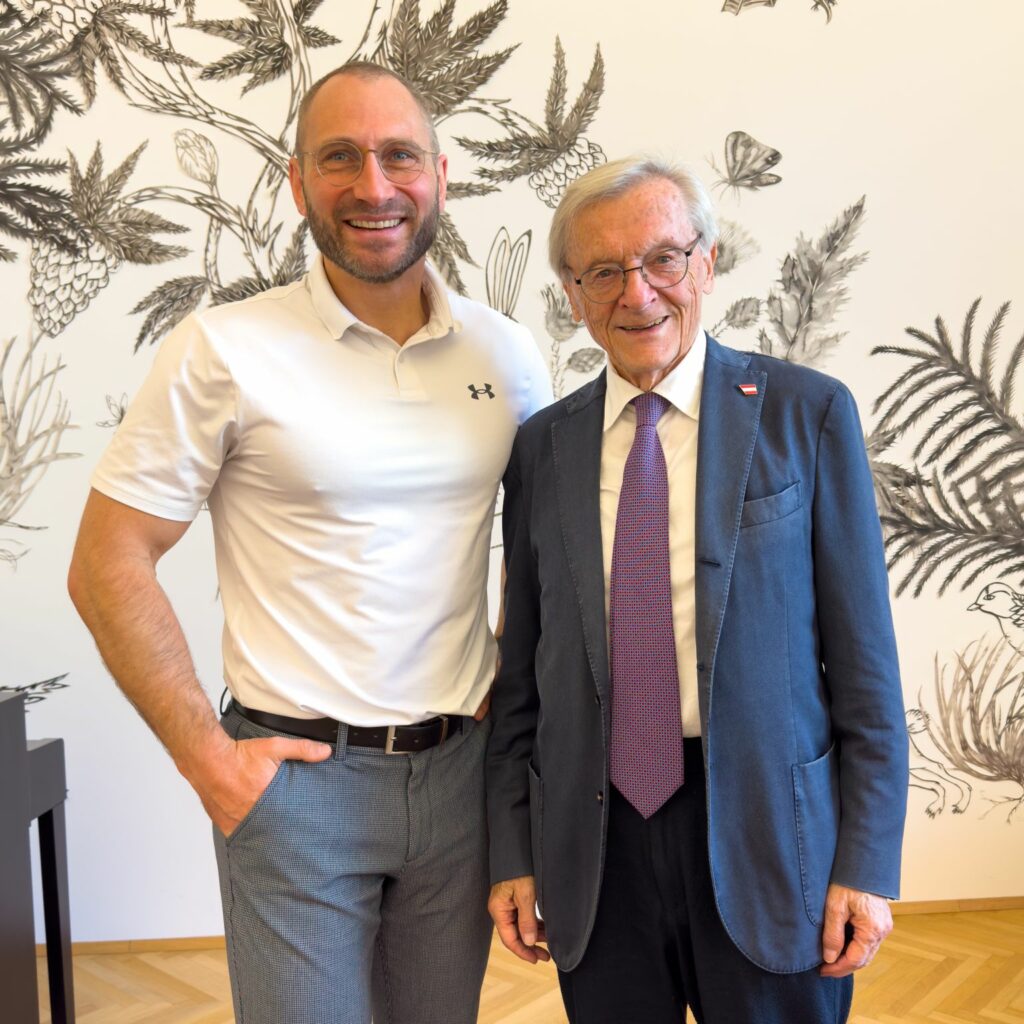
😊 What an inspiring conversation with former Federal Chancellor Dr. Wolfgang Schüssel 🇦🇹
🔬As part of our research project "20 years of the Federal Police" for the Federal Ministry of the Interior (BMI) I had the great honor of interviewing the former Federal Chancellor today.
🤓 In addition to his exciting contributions to the content of our project, I also personally took an incredible amount from the nuances and side conversations: For example, as a strategic guideline: Oberachieving and Underpromising instead of the other way around ☺️
🤗 I am really grateful to be able to experience things like this, to gain so many exciting insights and to take away memorable #lifelesson.
👀 If you are curious about further content - next year we will submit our research report and then there will be detailed information!
🪧2024 was again dominated by lectures on my favorite subject: the role of the police at assemblies
🌏Among other things, I was with the riot police in Saxony-Anhalt, the Thuringia police executives, the conference of the European Police Research Institutes in Amsterdam and at the Public Order, Crowd Management and Riot Control Conference in Vienna.
🎙️Mein Focus among other things: How the police work (change of perspective) and what mindset is required (e.g. communication as a key element) in order to manage assembly situations professionally.
💡What struck me as a positive leadership coach is that there are parallels between the successful mindset and PERMA-Lead:
☺️ Positive emotions: Smiling police officers have a direct effect on the mood and prevent negative stereotyping.
💪Engagement: Strength-oriented leadership. Train police officers who are keen on tactical communication and then let them do it! Personal initiative and authentic communication is a key factor in successfully dealing with a situation.
🤝 Relationship: Try to build a trusting and honest relationship with those responsible in order to ensure a safe assembly together.
💭Meaning: Explain meaning - means to explain why the police will do / have done something.
🍾 Accomplishment: Recognizing successes, i.e. also analyzing why the assignment went well and appreciating the (wo)men of the match.
One of the most significant moments in my professional life. I had the opportunity to give a lecture on his life's work with regard to public order policing at the Politieacademie's international symposium "Mit aller Gewalt lernen" in honor of Prof. Dr. Otto Adang's retirement. And he is simply one of the forefathers of modern theories, so it was and is an extraordinary honor for me that he chose me for this task. It's a bit like being a fan of Michael Jackson as a child and trying to dance like him - and then being invited by him personally to perform at his farewell. It's amazing!
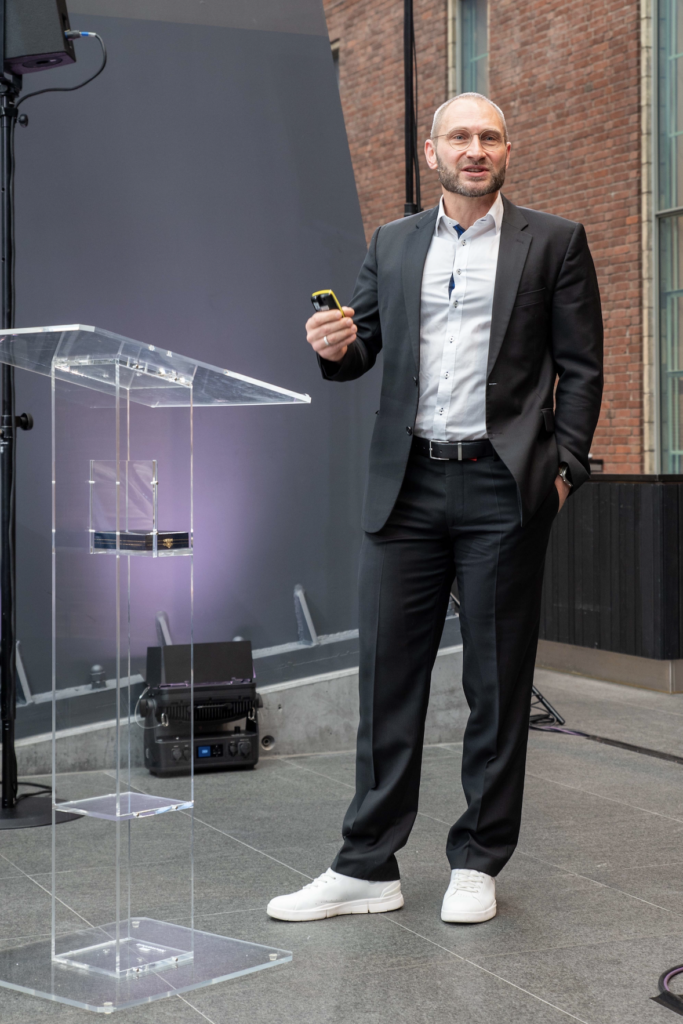
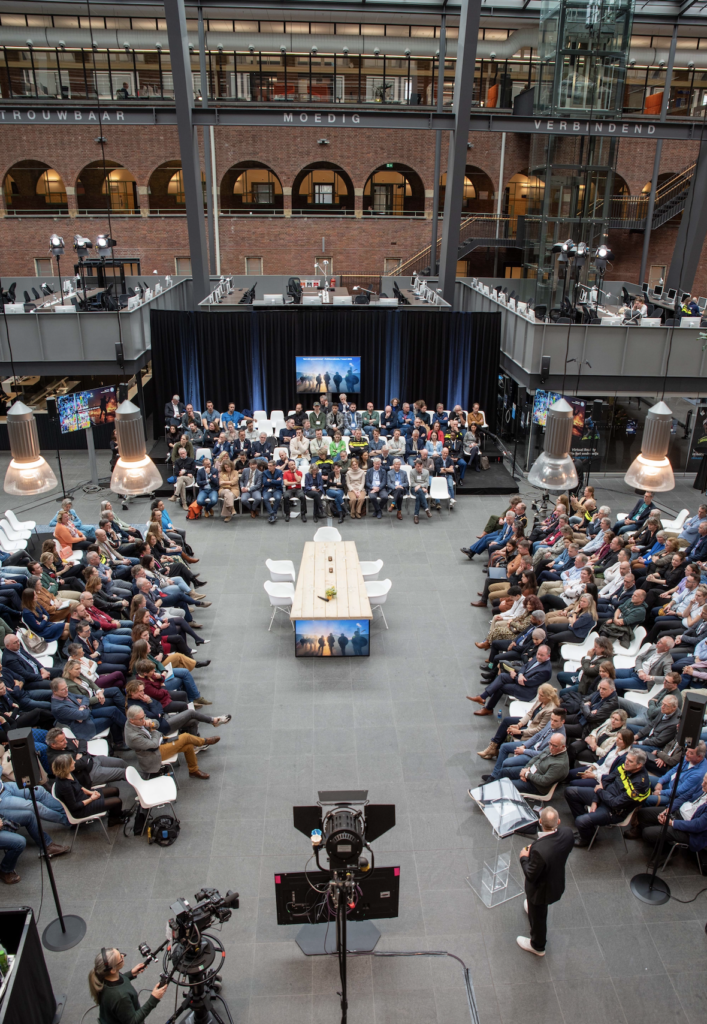
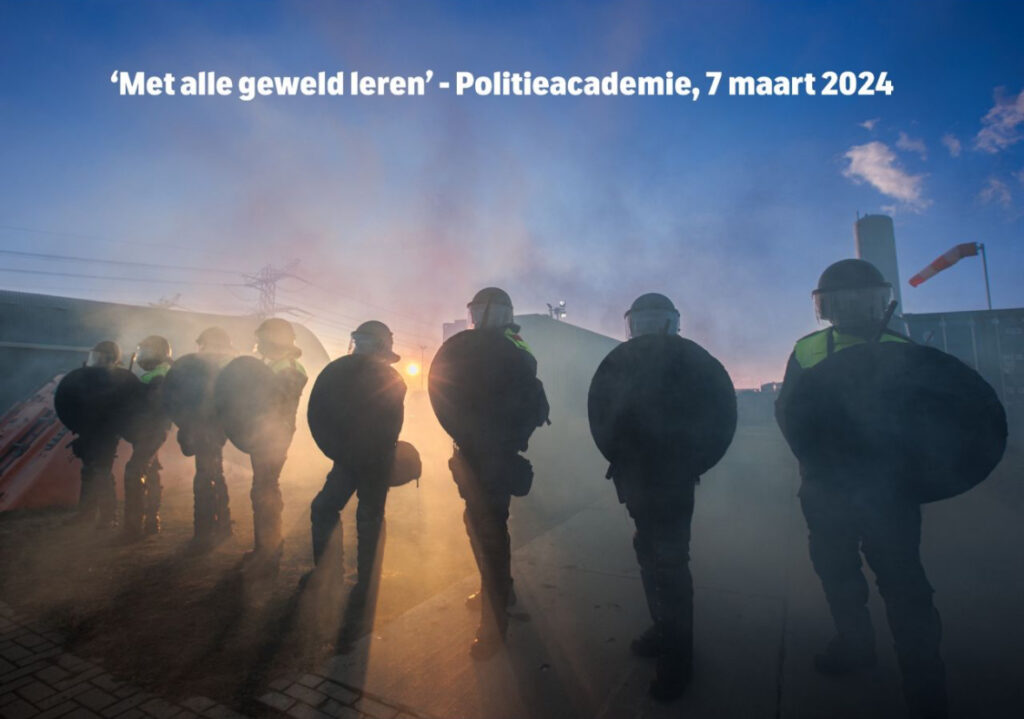
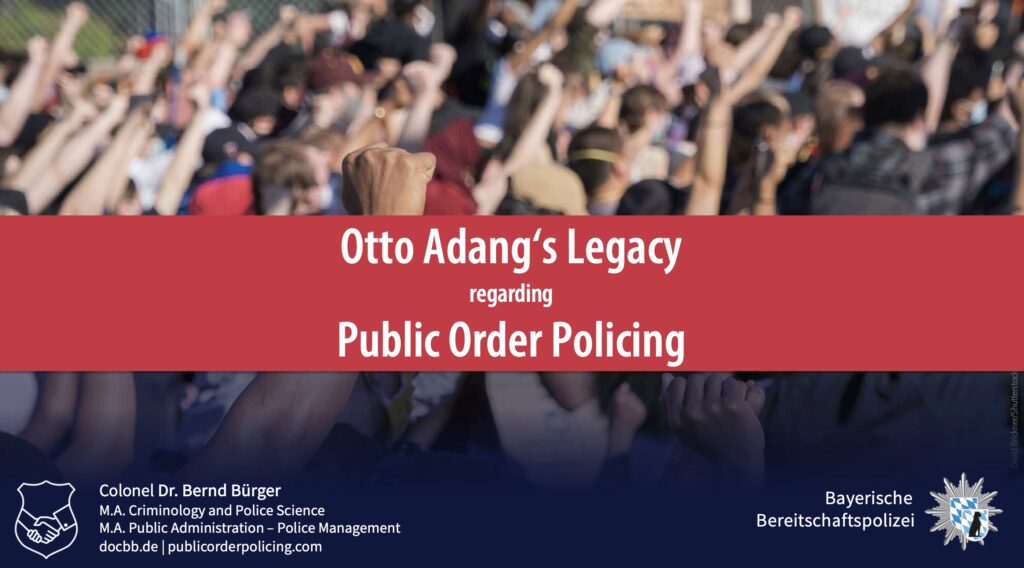
For over 20 years, I followed in the footsteps of Prof. Dr. Otto Adang, often without knowing it. Not only did I come to the same conclusions, we were often in the same places without knowing it - he as a researcher, I as a riot policeman. Eventually, my first book "The Role of the Police at Assemblies" brought us together, for which he contributed a chapter together with Dr. Martina Schreiber. He then invited me to teach in his "Public Order" module of the Master's program at the Politieacademie - and I was able to learn from the Grand Master himself - in pleasant, constructive, smart and far-sighted discussions over a good Dutch beer.
Thanks to Otto, I was able to structure my numerous practical experiences from over 20 years with the USK (as a group officer, group leader, platoon leader or command leader) or in the preparation, planning and implementation of major operations (G7 2015 and 2022), which I have already lectured on in many European countries as well as in the USA and Canada, even better. According to its principles: Know, Support, Communicate, Differentiate (for more see docbb.de or publicorderpolicing.com ), which really contribute to the success of police work in the context of crowds in an all-encompassing way.
Our new book "Public Order Policing. A Professional's Guide to International
Theories, Case Studies, and Best Practices" has been published. It again deals with assembly situations and includes various international perspectives, for example from England, the Netherlands, France, the USA and, of course, Germany.
Here you can download the introduction with the abstracts of all chapters download free of charge.
The book is available as a hardcover or ebook directly from Publisher (click here) or also with Amazon. If you order directly from the publisher, you are supporting my work, so I would be delighted.
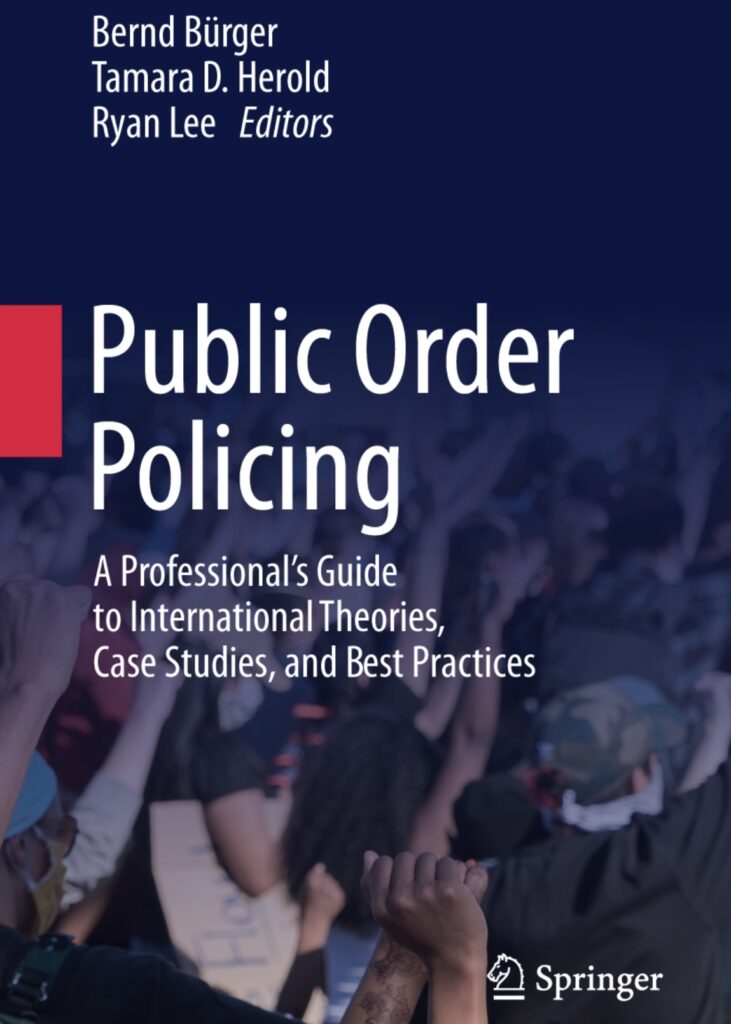
After two years of work, it's done - my new book has been published. The introduction to the book and an overview of the authors and contents of the chapters can be here (click) can be downloaded free of charge.
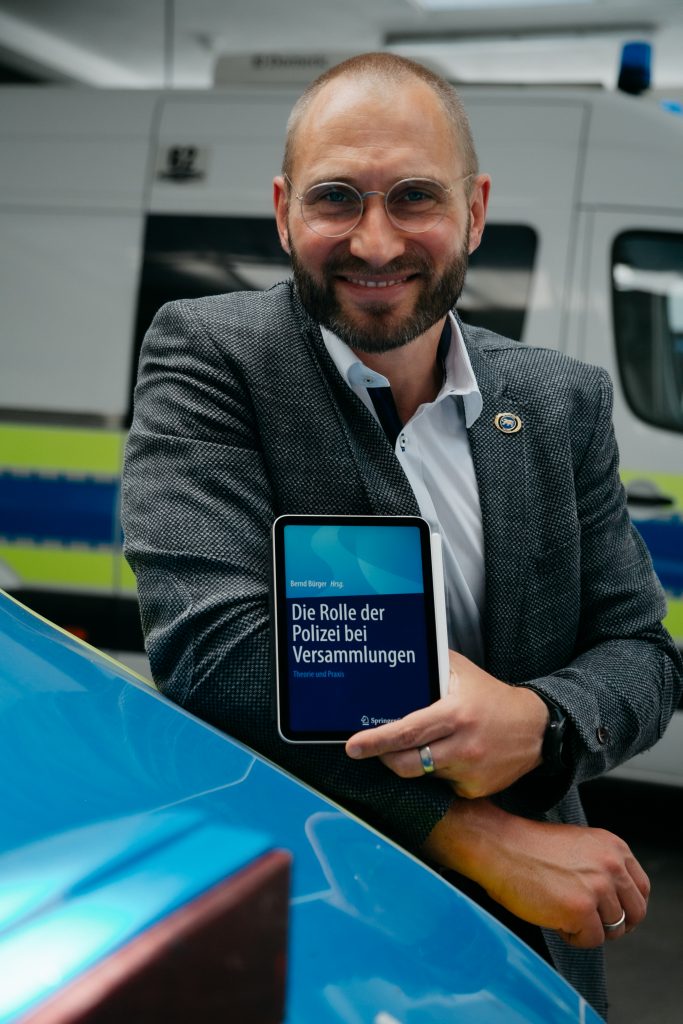
Some reviews have already appeared, including one in the Hessische Polizeirundschau, written by Rudi Heimann, Police Vice President of the PP Südhessen. A small excerpt: "The approximately 380 pages compiled by Bernd Bürger are well worth reading for all police practitioners and anyone who deals with the phenomenon of people in gatherings, assemblies or events on a scientific, strategic and tactical level. And I agree with the editor in his assessment that the content in this condensed form and with a high degree of transfer to practice has not yet been the subject of practice-oriented curricula. It is therefore initially up to each responsible manager to educate themselves with this work and to convey the content in an appropriate manner in order to effectively increase their own safety and that of the emergency services entrusted to them."
Hessische Polizeirundschau 4/22, p. 16.
The content:
Assemblies are an important part of democracy and the rule of law. The way a state deals with demonstrators not only has an internal impact, it is also perceived internationally, for example in Myanmar, Belarus, Hong Kong or Russia.
There are often plausible everyday explanations for escalations at gatherings or events where a large number of people come together. However, many of these supposedly deterministic causes, correlations or role attributions have been refuted or overly simplified. This can lead to misinterpretations, negative stereotyping and ultimately to suboptimal decisions. This can have serious consequences, especially in large crowds: The situation can escalate, leading to riots and outright violence.
The aim of this book is to provide an overview of international good practice approaches on how to deal with crowds in a democratic constitutional state. To this end, scientific findings from the fields of sociology, psychology, criminology, ethics and law, among others, are presented in an interdisciplinary manner and illustrated with numerous practical examples.
The book is available here (if you want to support my work, order directly from the publisher and I'll get something):
Or at the local bookseller, who will be delighted.
Full version - shortened article published by the German Society for Time Policy, Zeitpolitisches Magazin No. 36 July 2020 (ISSN 2196-0356, download here).
"We stand up for people's safety and provide help around the clock."1Bavarian State Ministry of the Interior, Leitbild der Bayer. Polizei - Handlungs- und Orientierungsrahmen für die Zukunft, https://www.polizei.bayern.de/wir/leitbild/index.html/3249, accessed on 01.03.2020
This quote from the mission statement of the Bavarian Police undoubtedly applies to all police authorities - they guarantee security in a society around the clock. Although the work is 24/7224/7 stands for 24 hours, 7 days a week, i.e. the provision of work every day at any time. This is not a unique feature of police work, as around one in six employees in Germany works shifts (Radtke 2020), but it is characteristic of police work. In order to understand the (time) organization of police work and its impact on public safety, it is also necessary to understand the effects that shift work, which is necessary to ensure the constant availability of the police, has on people. Even if some police working time organizers do not seem to take this into account, police officers are also human beings and the organization of shift work has a significant influence on their ability to perform and act and thus directly on (in)security in public spaces.
Continue reading „Arbeitsorganisation bei der Polizei und ihre Wirkungen auf (Un)Sicherheit im öffentlichen Raum“